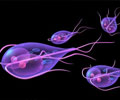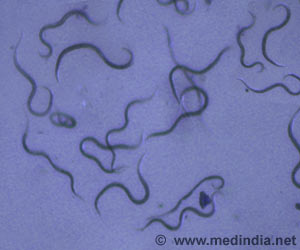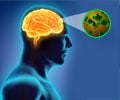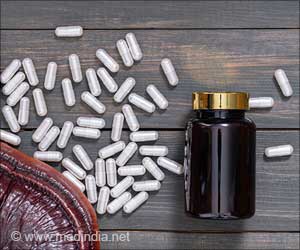Creosote bush contains compounds effective against giardiasis, a diarrheal illness and primary amoebic meningoencephalitis, a type of brain damage.
Highlights
- Creosote bush, a plant common to the Southwestern United States, exhibit potent anti-parasitic activity.
- Nordihydroguaiaretic acid (NDGA) present in creosote bush are active against the pathogenic protozoa Giardia lamblia and Naegleria fowleri.
- Giardiasis, a diarrheal illness and primary amoebic meningoencephalitis occur due to the parasites present in contaminated water.
"The significance and intrigue of our study is that it shows the value of prospecting for new medicines from plants traditionally used by indigenous people as medicine," said co-principal investigator Anjan Debnath, PhD, an assistant adjunct professor at Skaggs School of Pharmacy and Pharmaceutical Sciences at UC San Diego.
Larrea tridentata, the creosote bush also known as greasewood, or gobernadora in Spanish, is a tough evergreen bush with small waxy leaves, yellow flowers and a distinctive turpentine-like scent. The plant has been used by Native Americans in both the U.S. and Mexico for a variety of ailments, including intestinal complaints.
Previous research has documented the plant’s pharmacologically active compounds, notably nordihydroguaiaretic acid (NDGA). NDGA has antiviral, antibacterial, anti-inflammatory and anticancer properties, and is a liver toxin at high doses.
The study is the first to show that NDGA and five other compounds (four lignans and one flavonoid) are active against the pathogenic protozoa Giardia lamblia and Naegleria fowleri.
N. fowleri is a water-borne amoeba that enters the brain through the nasal passage, causing a type of brain damage known as primary amoebic meningoencephalitis (PAM). Though relatively rare, PAM has a greater than 95 percent fatality rate.
Active Compounds in Larrea tridentata
In addition to documenting the compounds’ anti-parasitic activity, the research team investigated the mechanisms by which the compounds work. Two compounds were of particular interest because of their 1.5 times greater potency against N. fowleri than the current first-line therapy miltefosine, a broad-spectrum antimicrobial.
"We think the compounds inhibit cysteine protease (an enzyme) that helps the amoeba invade host tissue," Debnath said.
"Our next step is to test the activity of potent compounds in animal models of infection and also explore the possibility of combining these compounds with the currently used drug to see if their activity is further enhanced against Naegleria infection."
Reference
- Anjan Debnath et al., Compounds in desert creosote bush could treat giardia and ’brain-eating’ amoeba infections, PLOS Neglected Tropical Diseases (2017).
Source-Medindia
















